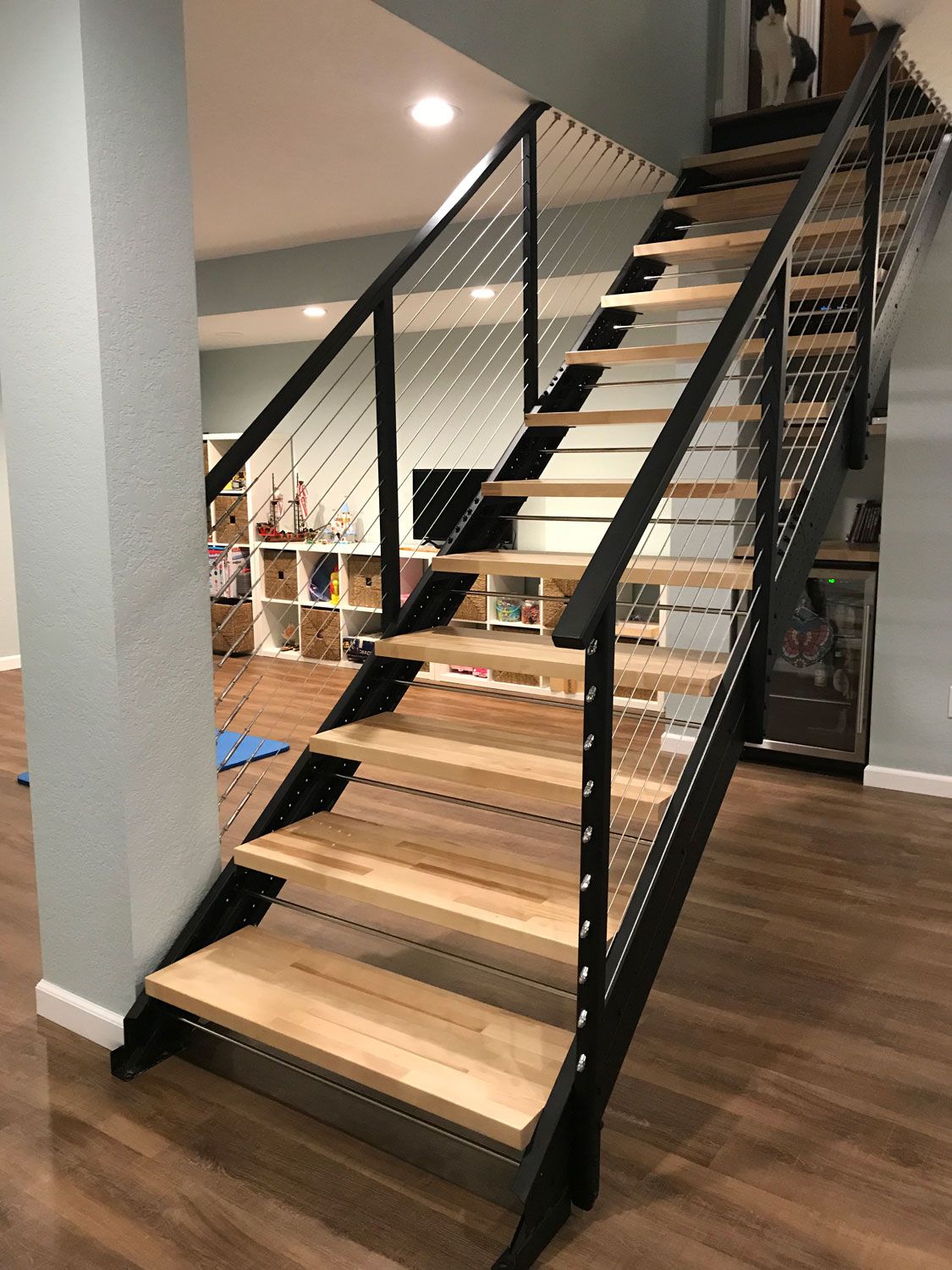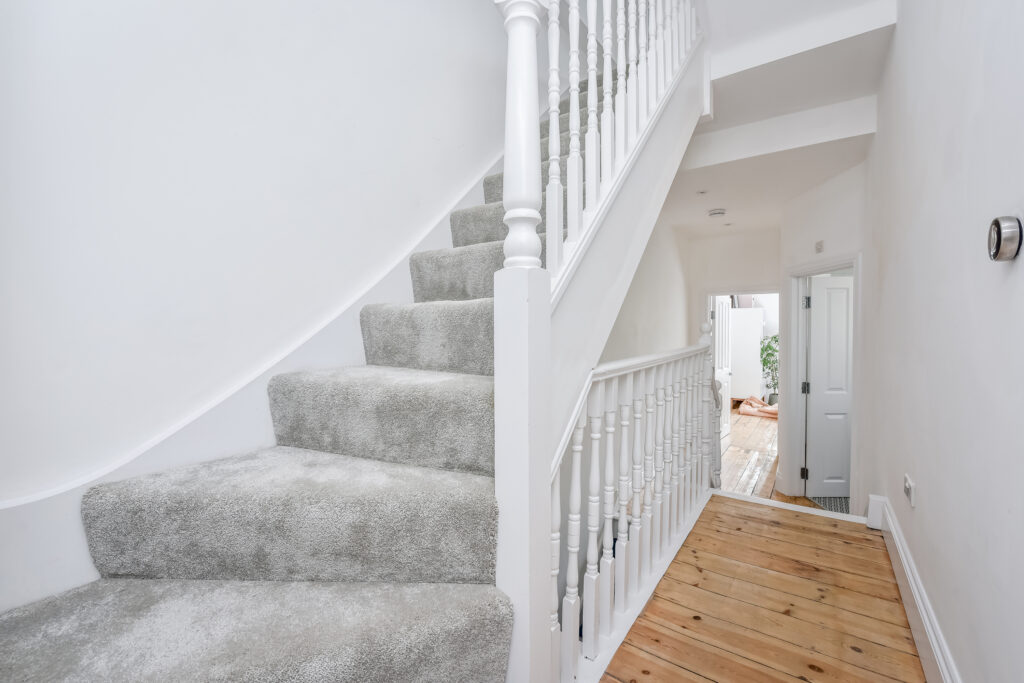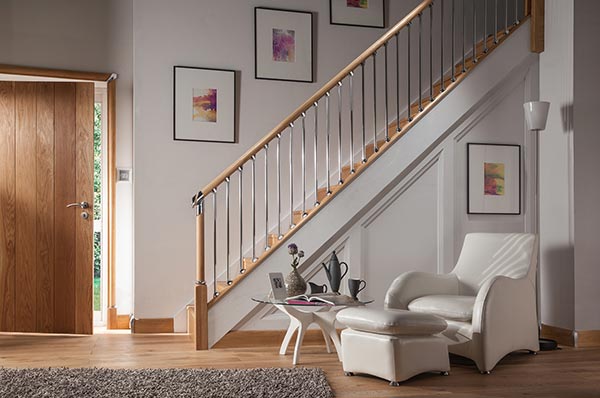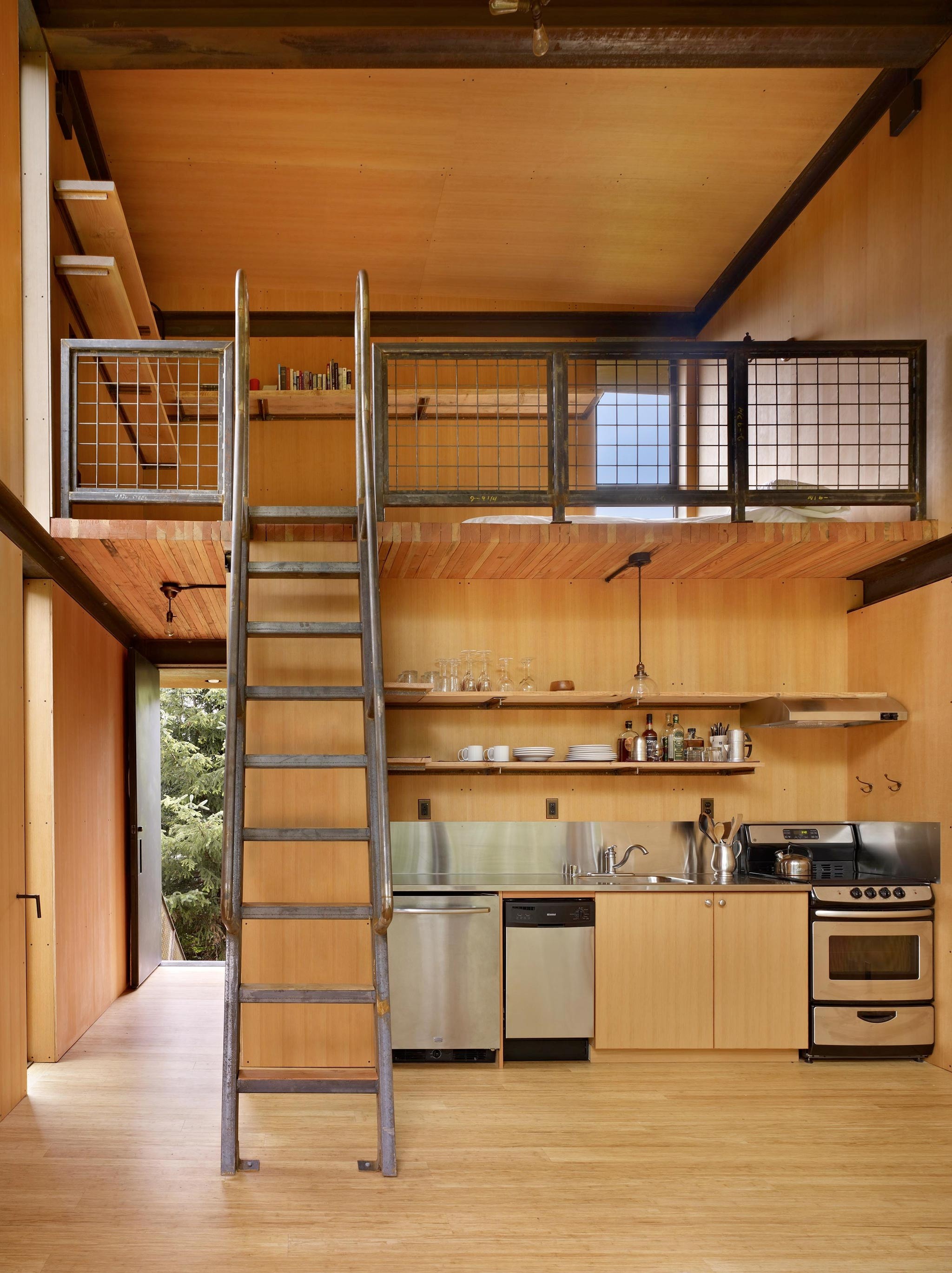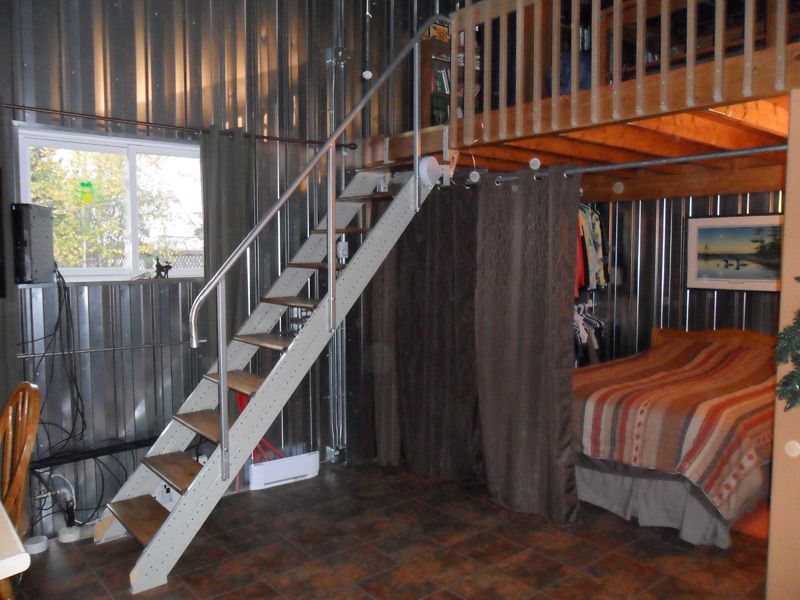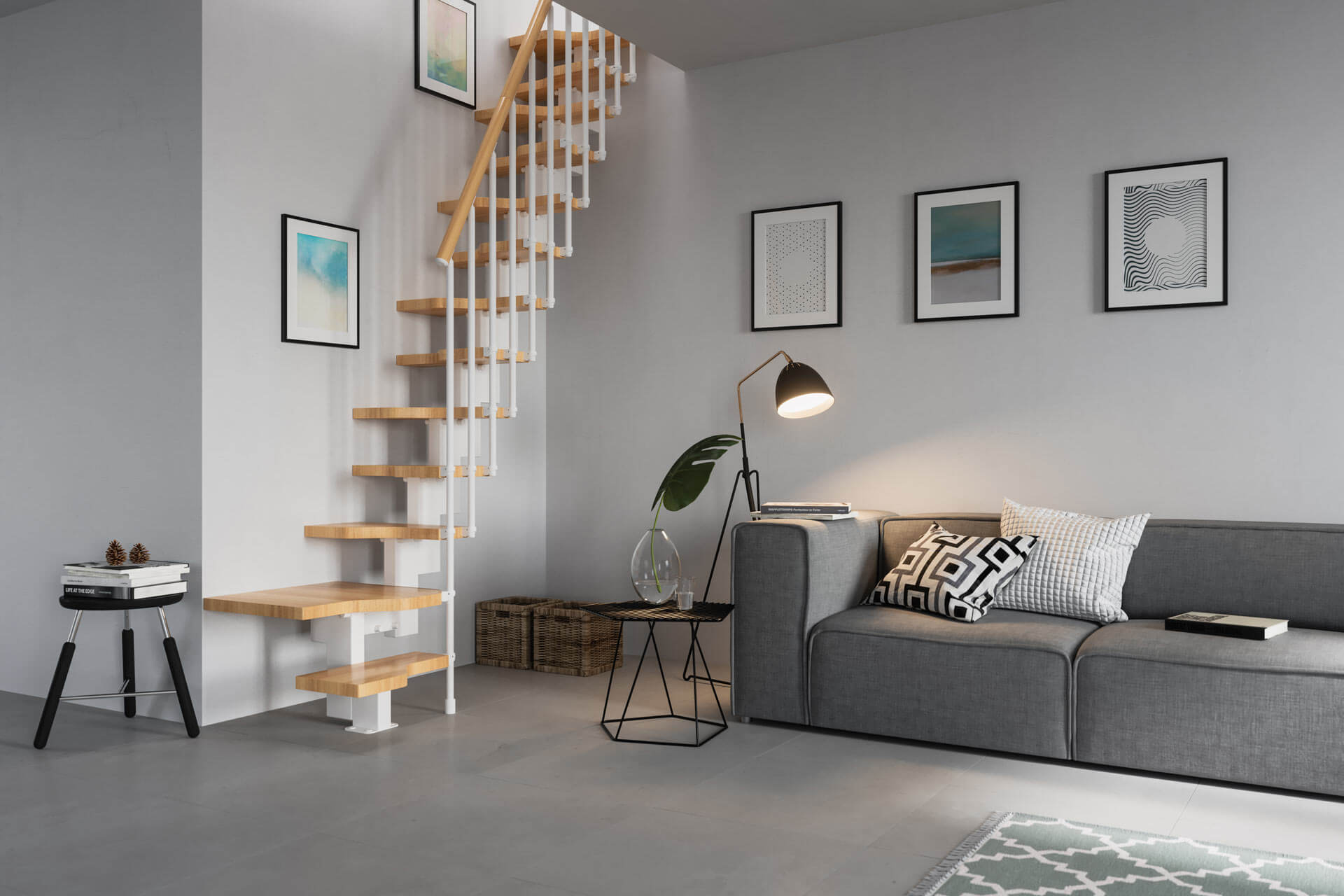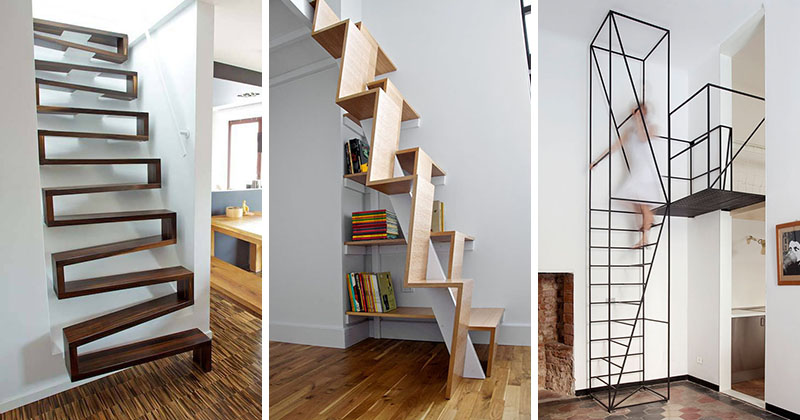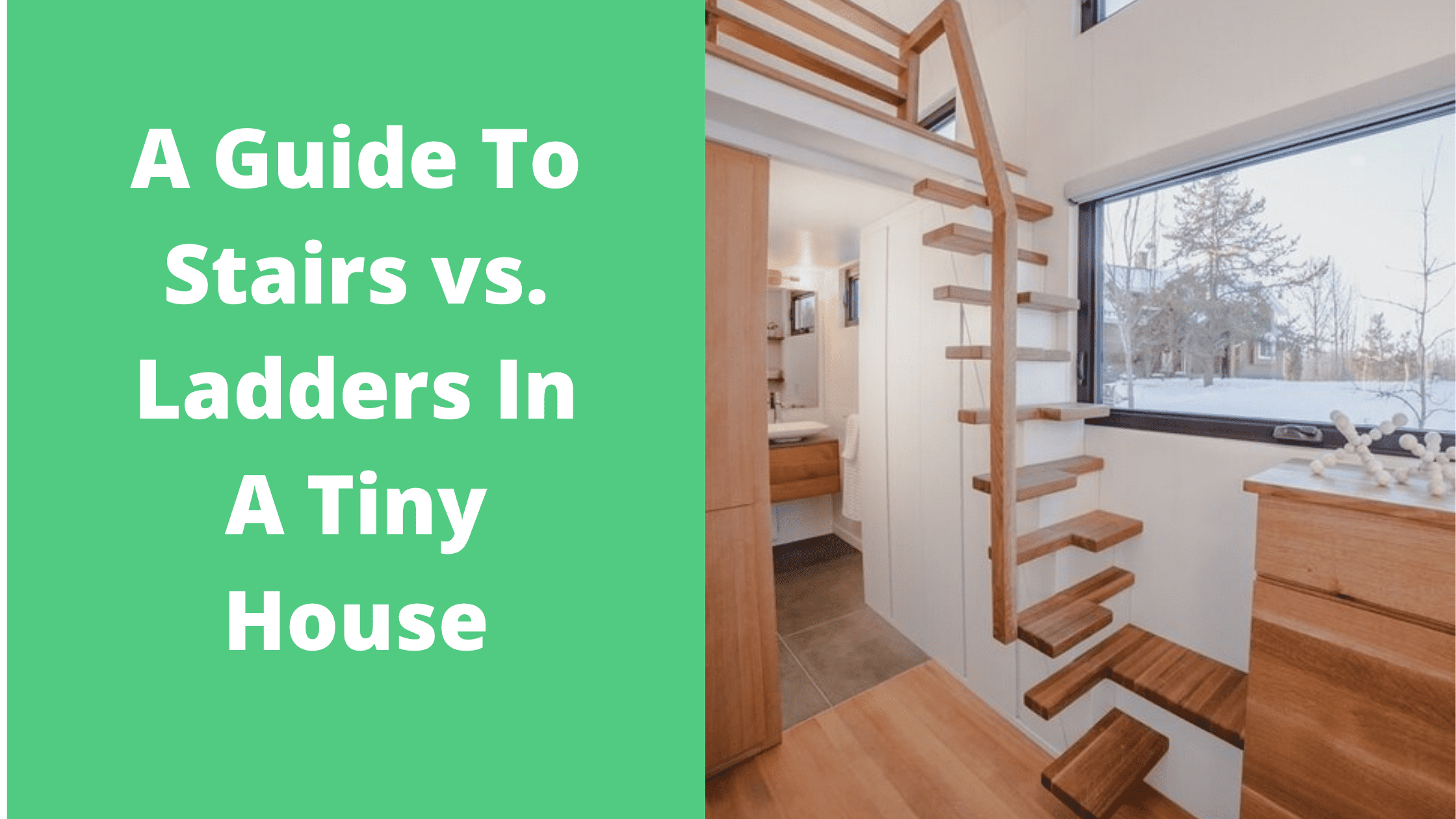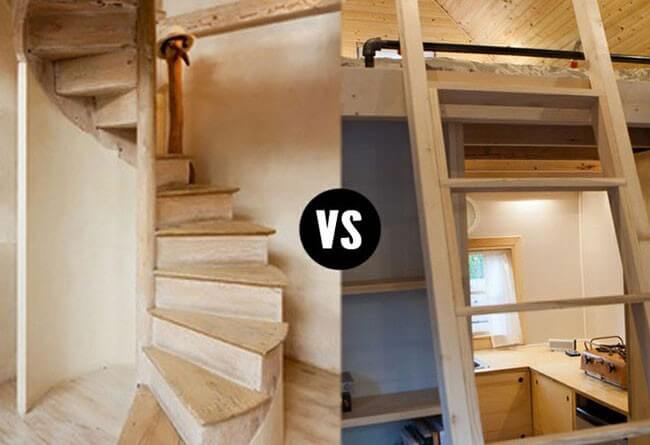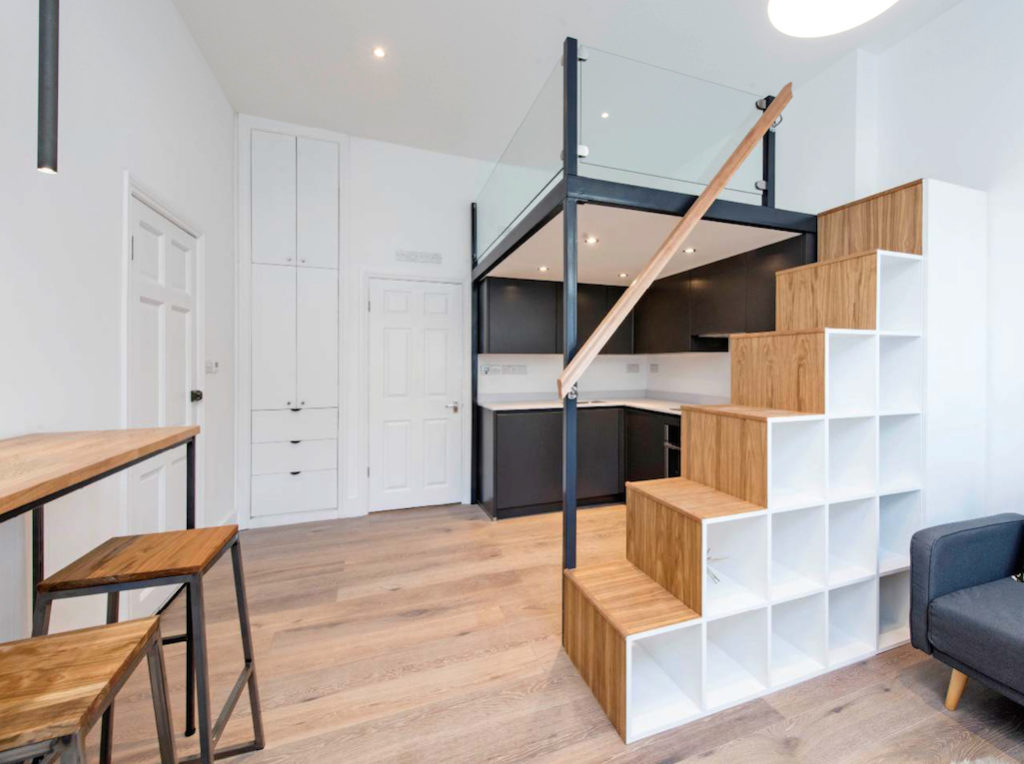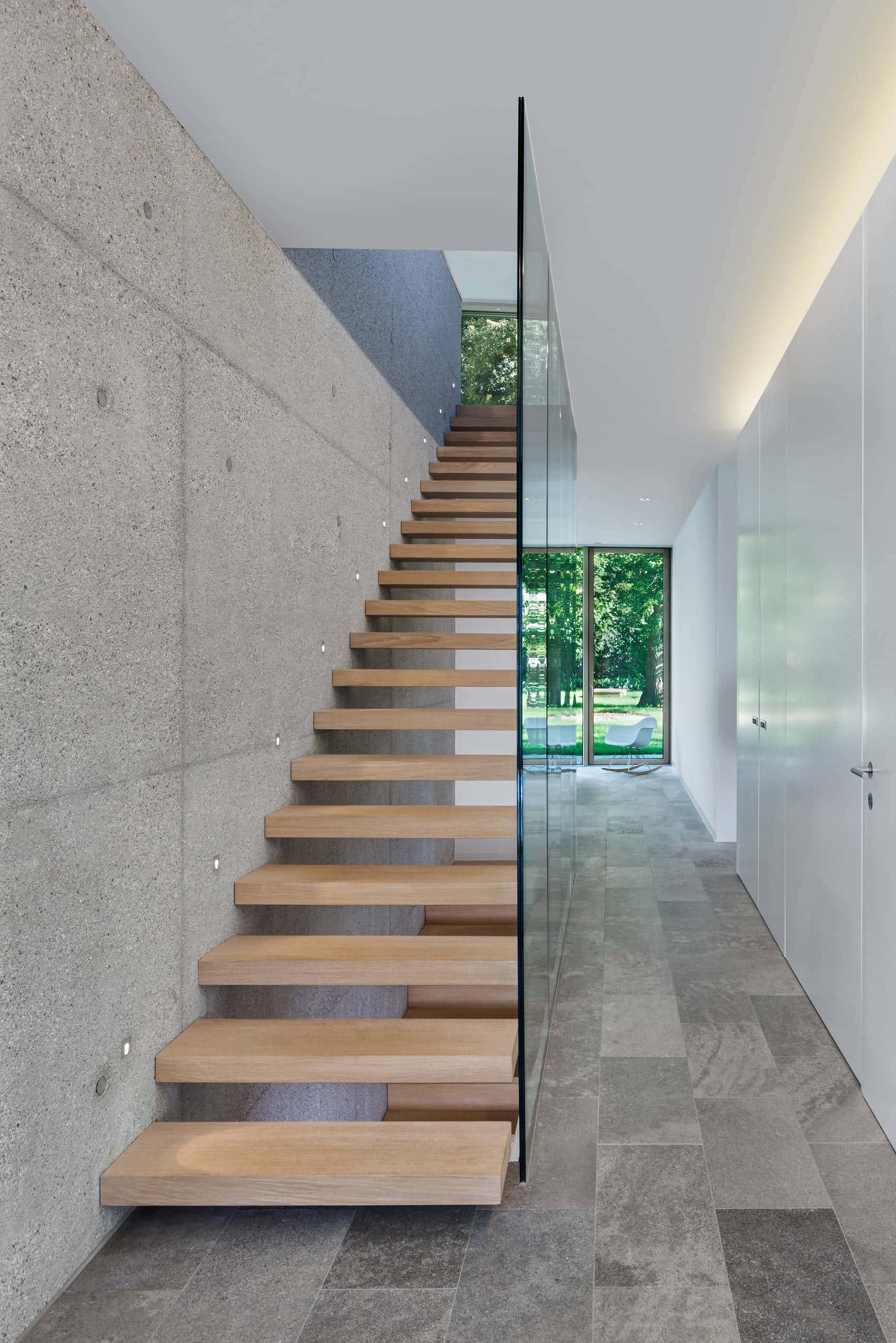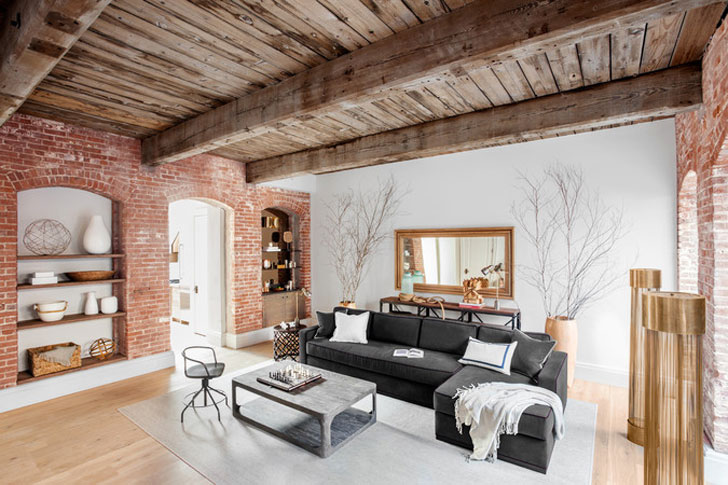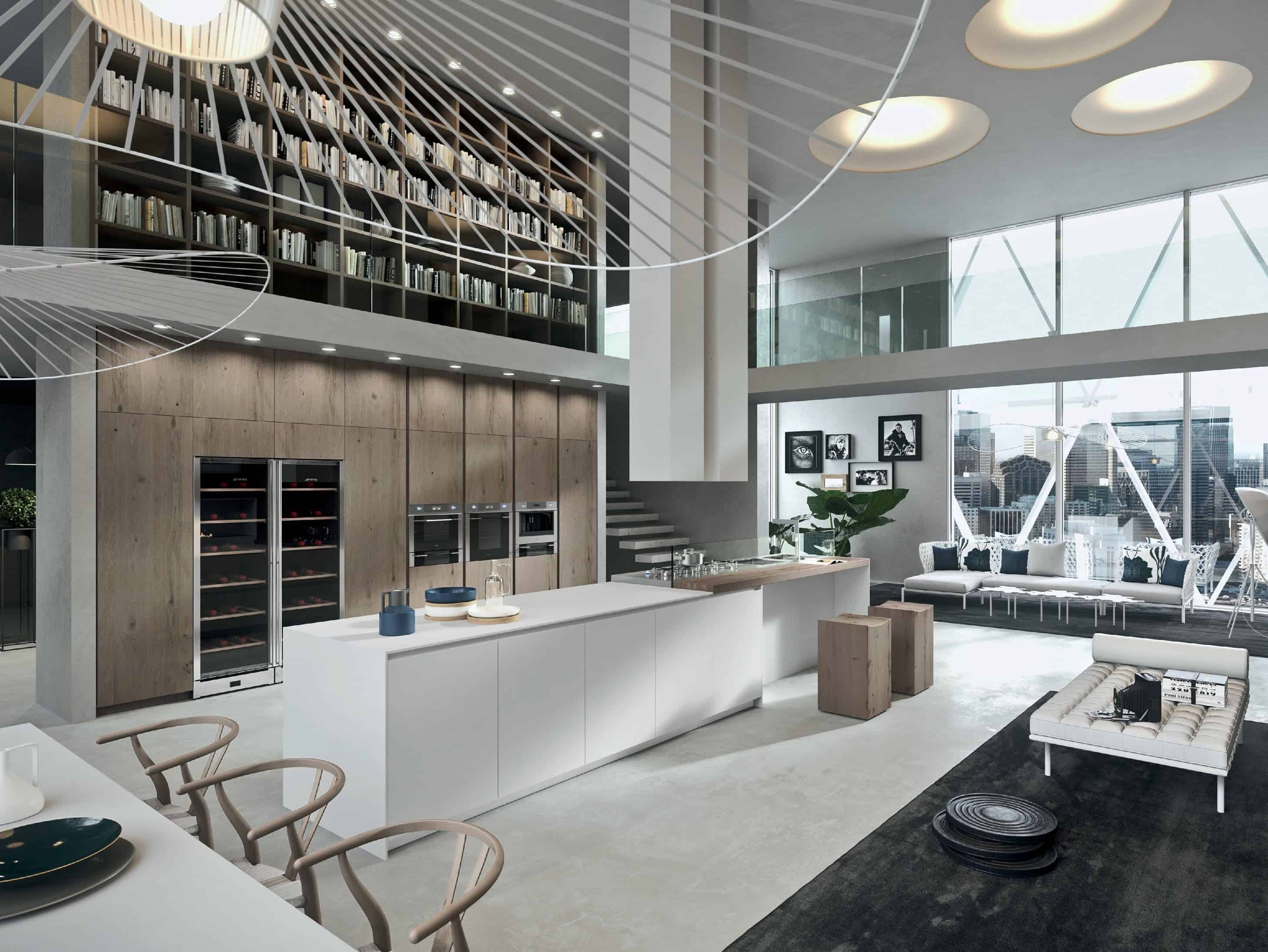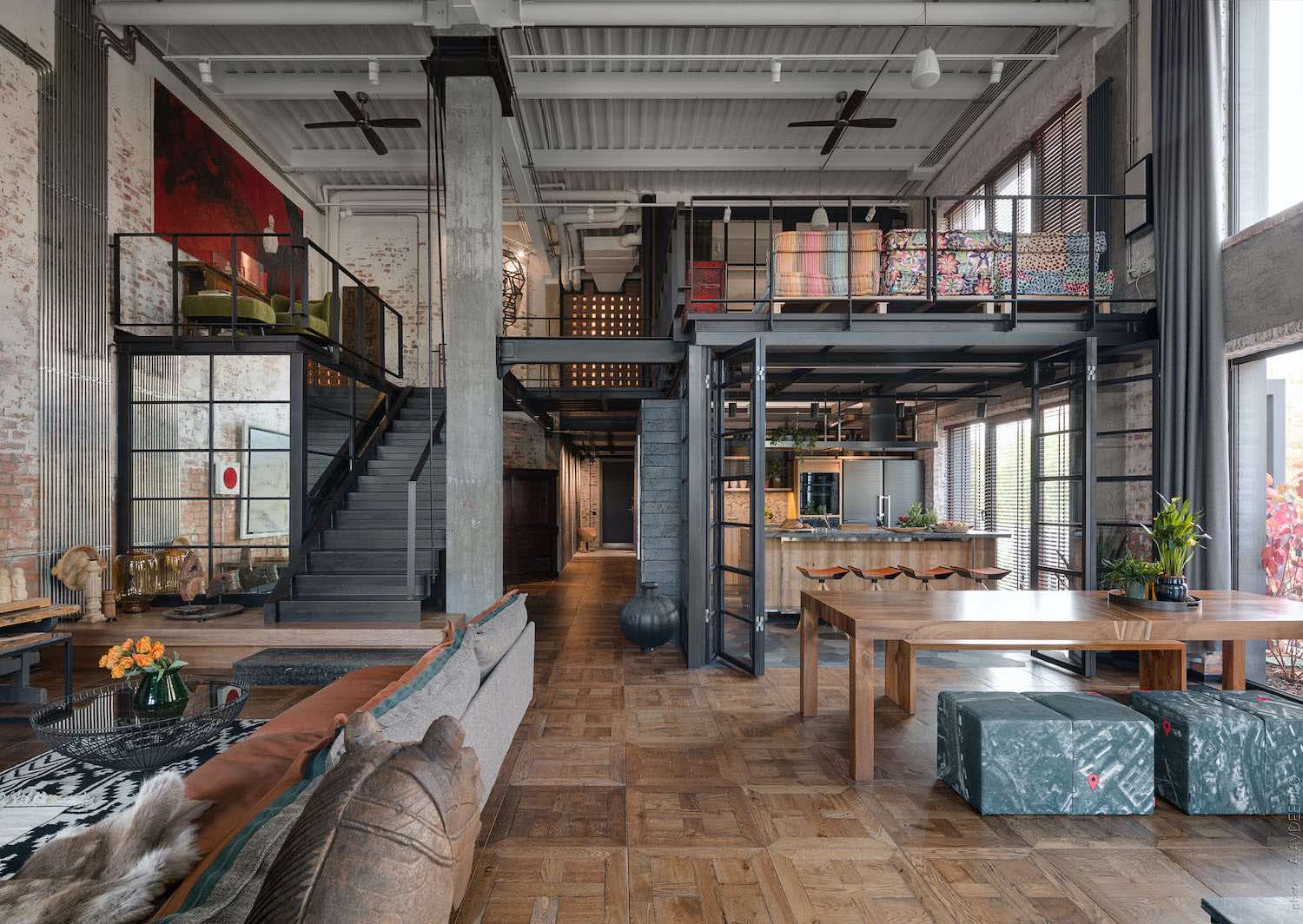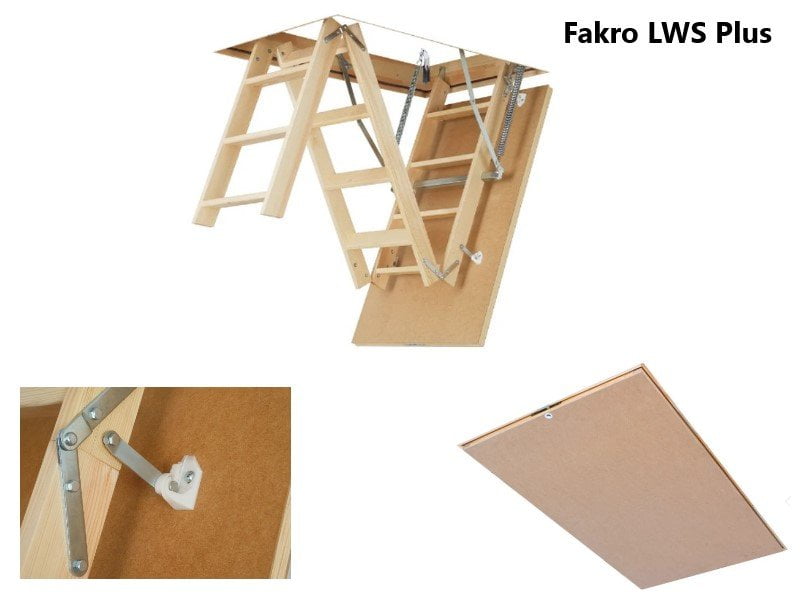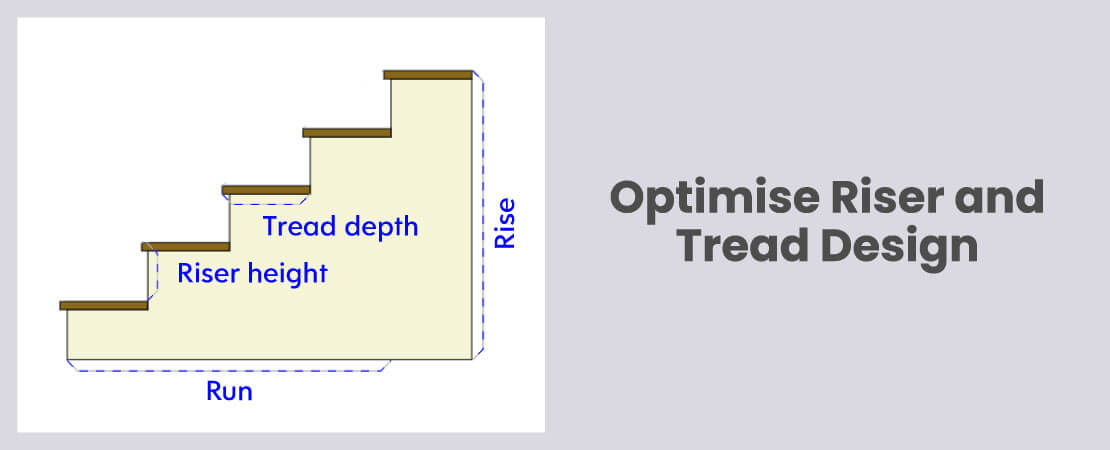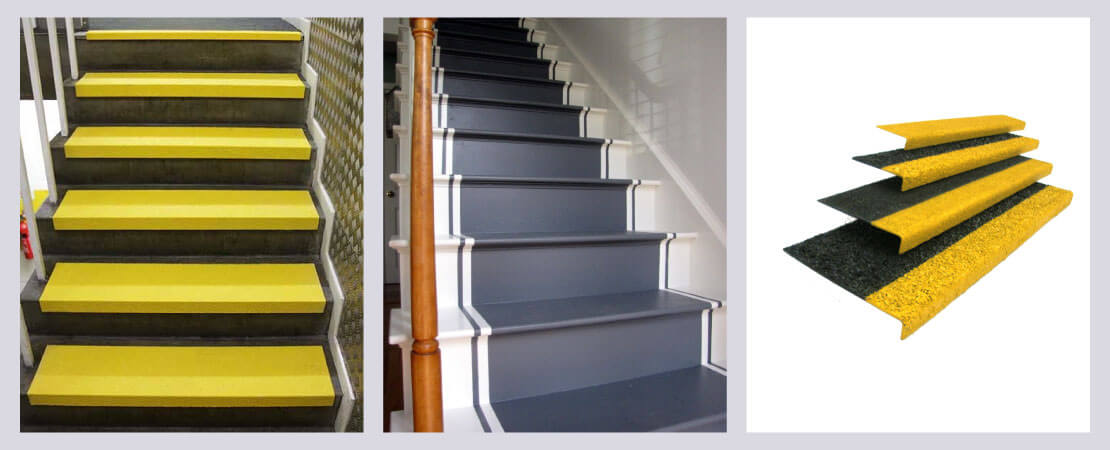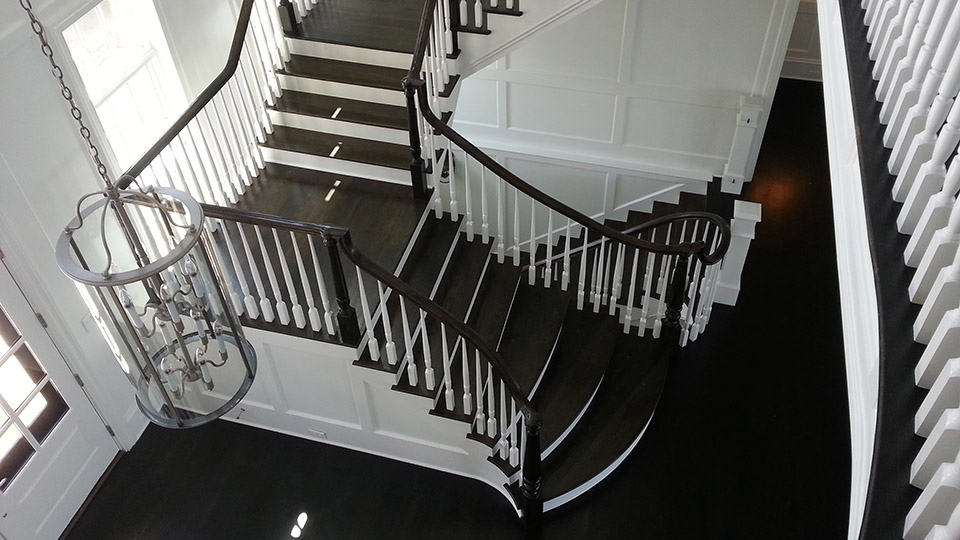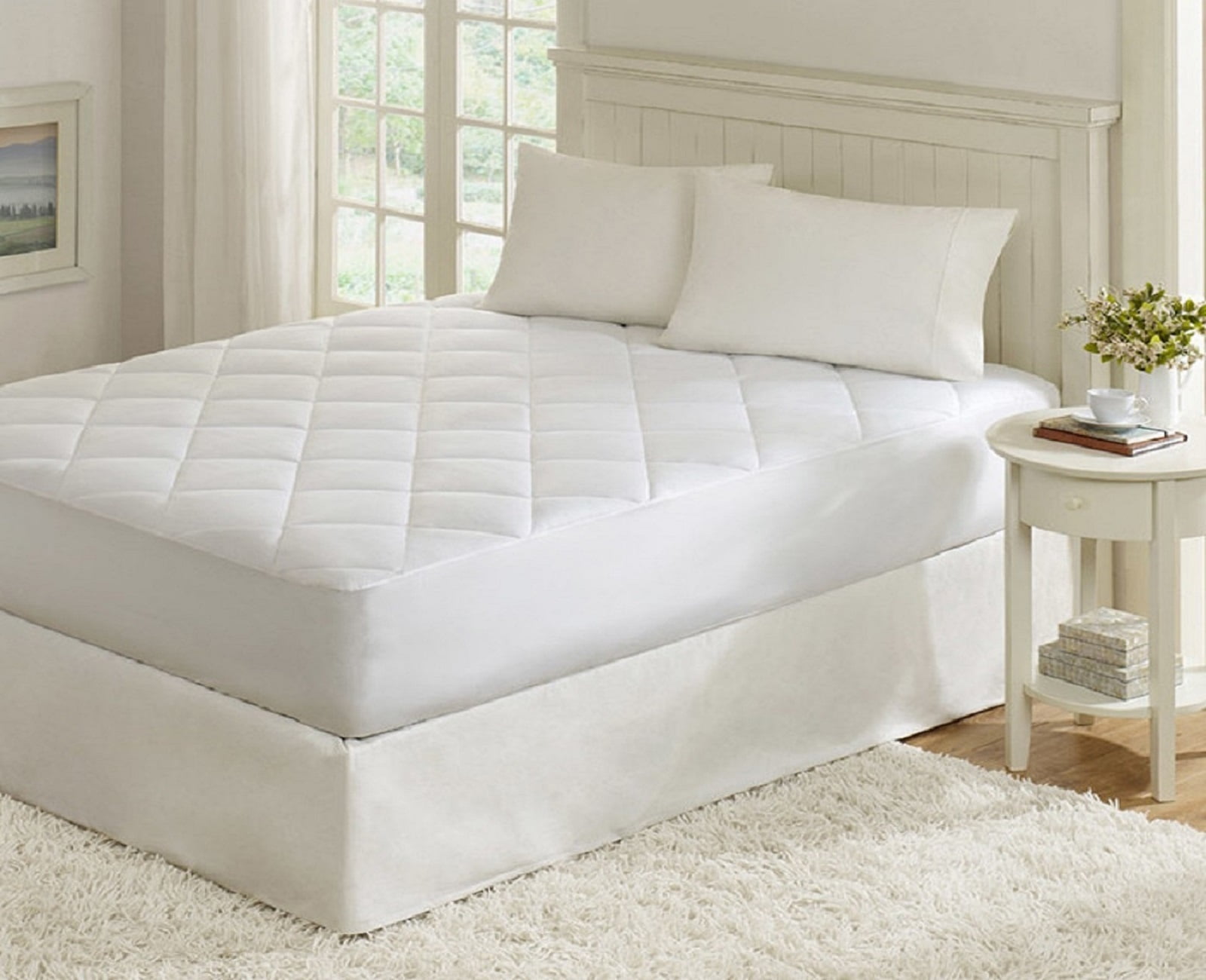In recent years, loft stairs have become a popular choice for homeowners looking to maximize their living space. These versatile stairs provide access to lofts, attics, and mezzanine floors, and come in a variety of styles, materials, and designs. If you're considering adding loft stairs to your home, this complete guide will provide you with all the information you need to make an informed decision.Loft Stairs: A Complete Guide
Loft stairs come in various types, each with its own unique benefits and features. The most common types include spiral, straight, and retractable stairs. Spiral stairs are a popular choice for their compact design and aesthetic appeal. Straight stairs, on the other hand, are more traditional and provide a sturdy and stable option. Retractable stairs, also known as pull-down stairs, are a great choice for limited space as they can be folded away when not in use. When it comes to materials, the most common options for loft stairs are wood, metal, and glass. Wooden stairs are a classic choice and can be customized to fit any style. Metal stairs are durable and can add a modern touch to your home. Glass stairs are a trendy and elegant option that can give the illusion of more space. It's essential to consider the design and aesthetic of your home when choosing the right material for your loft stairs. Installing loft stairs can be a DIY project for those with some advanced carpentry skills. However, for more complex designs and materials, it's best to hire a professional for installation. They have the expertise and necessary tools to ensure your stairs are installed safely and securely.Loft Stairs: Types, Materials, and Installation
Choosing the right loft stairs for your home involves considering several factors, such as available space, budget, and design preference. Start by measuring the space where you plan to install the stairs to ensure the chosen design will fit correctly. Next, determine your budget, as this will help narrow down your options. Finally, consider the design and style of your home and choose a staircase that will complement the overall aesthetic. It's also crucial to take into account the frequency of use and the weight capacity of the stairs. If you plan on using the stairs frequently or need to carry heavy items up and down, it's best to choose a more durable and sturdy option.How to Choose the Right Loft Stairs for Your Home
For those with some advanced carpentry skills, building loft stairs can be a satisfying and budget-friendly DIY project. Here are the basic steps to follow: Step 1: Measure the space where the stairs will be installed and determine the angle of the stairs based on the height of the loft. Step 2: Cut the treads and risers to the desired size, using a saw and measuring tape. Step 3: Assemble the treads and risers, securing them with screws or nails. Step 4: Attach the stairs to the loft floor and the supporting wall, making sure they are level and secure. Step 5: Add a handrail for safety and aesthetics. Step 6: Finish the stairs with paint, stain, or varnish to match the rest of your home's interior. It's essential to follow safety precautions and use proper tools and materials when attempting a DIY loft stairs project. If you're not confident in your skills, it's best to hire a professional for installation.DIY Loft Stairs: Step-by-Step Instructions
For those with limited space, there are several space-saving loft stairs options available. Retractable stairs, as mentioned earlier, are a popular choice for their ability to be folded away when not in use. Another option is alternating tread stairs, which are designed to take up less space by having each step alternate between the left and right side. Alternatively, you can consider a compact spiral staircase or a vertical ladder, which can also be folded away when not in use. It's essential to keep in mind that while these options save space, they may not be the most comfortable to use for those with mobility issues.Space-Saving Loft Stairs for Small Spaces
While ladders may seem like a cheaper and more straightforward option for accessing a loft, loft stairs have several advantages. First and foremost, stairs are much safer and sturdier, especially for frequent use or carrying heavy items up and down. Stairs also provide easier access for those with mobility issues, making them a more inclusive option. Additionally, loft stairs can add value to your home, whereas ladders may be seen as a temporary solution. Stairs also have the added benefit of providing storage space underneath, while ladders do not.Loft Stairs vs. Ladders: Which is Better?
Many loft stairs designs come with built-in storage options, making them an excellent choice for maximizing space in smaller homes. Some designs include drawers or cabinets underneath the stairs, providing convenient storage for items that may not fit in your living space. Others have shelving or cubbies built into the sides of the stairs, making use of otherwise wasted space. When choosing loft stairs with storage, it's essential to consider the weight capacity and ensure the stairs are sturdy enough to support the added weight.Loft Stairs with Storage: Maximizing Space
Loft stairs are not just functional; they can also add a touch of style and design to your home. With various materials, finishes, and designs available, you can create a modern and unique look for your loft stairs. Consider using glass or metal for a sleek and contemporary design, or opt for a floating staircase to add a touch of elegance to your space. You can also get creative with the design of your stairs, incorporating curves, angles, or unique railings to add visual interest. Don't be afraid to mix and match materials and styles to create a one-of-a-kind look for your loft stairs.Modern Loft Stairs: Design Ideas and Inspiration
While loft stairs are a practical and stylish addition to any home, it's crucial to follow safety precautions to ensure accidents are prevented. Here are some tips to keep in mind: Tip 1: Ensure the stairs are installed correctly and are sturdy and secure. Tip 2: Add a handrail for stability and support. Tip 3: Keep the stairs clear of any clutter or objects that may cause tripping hazards. Tip 4: If children will be using the stairs, consider installing a child safety gate at the top to prevent falls. Tip 5: Regularly inspect the stairs for any loose screws or damaged parts and make repairs as needed.Loft Stairs Safety: Tips and Precautions
If you can't find the perfect loft stairs design for your home, consider going the custom route. Custom loft stairs allow you to create a unique and personalized look for your home, whether it's a specific material, color, or design. You can work with a professional designer or contractor to bring your vision to life and create a one-of-a-kind staircase that will be a standout feature in your home.Custom Loft Stairs: Creating a Unique Look
Maximizing Space with Loft Stairs
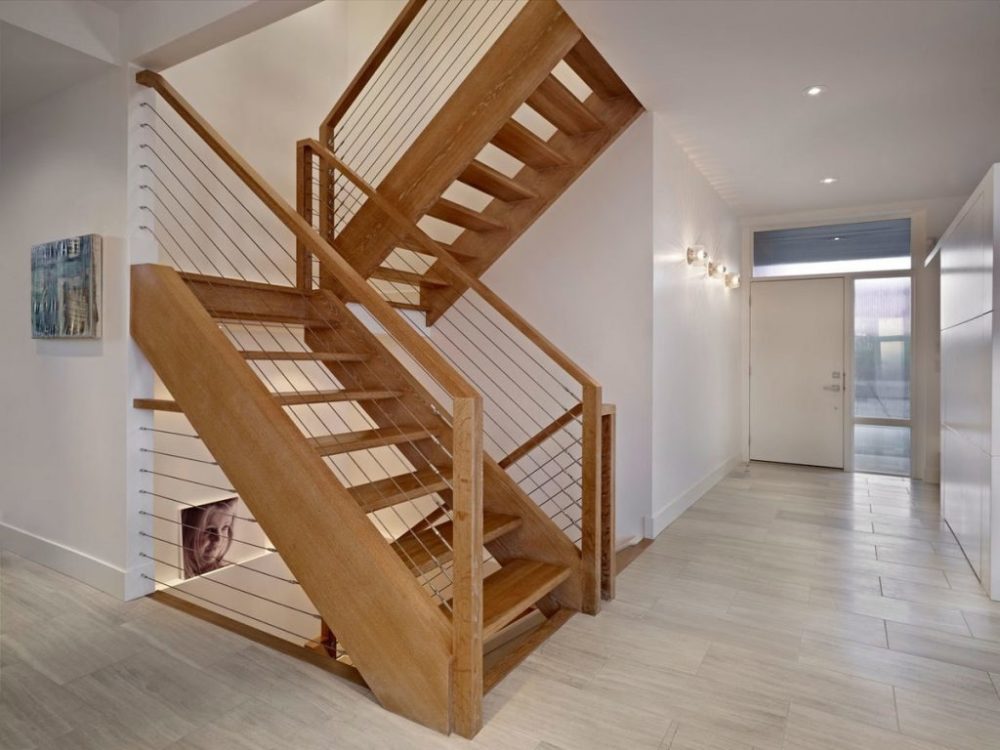
Efficient Use of Space
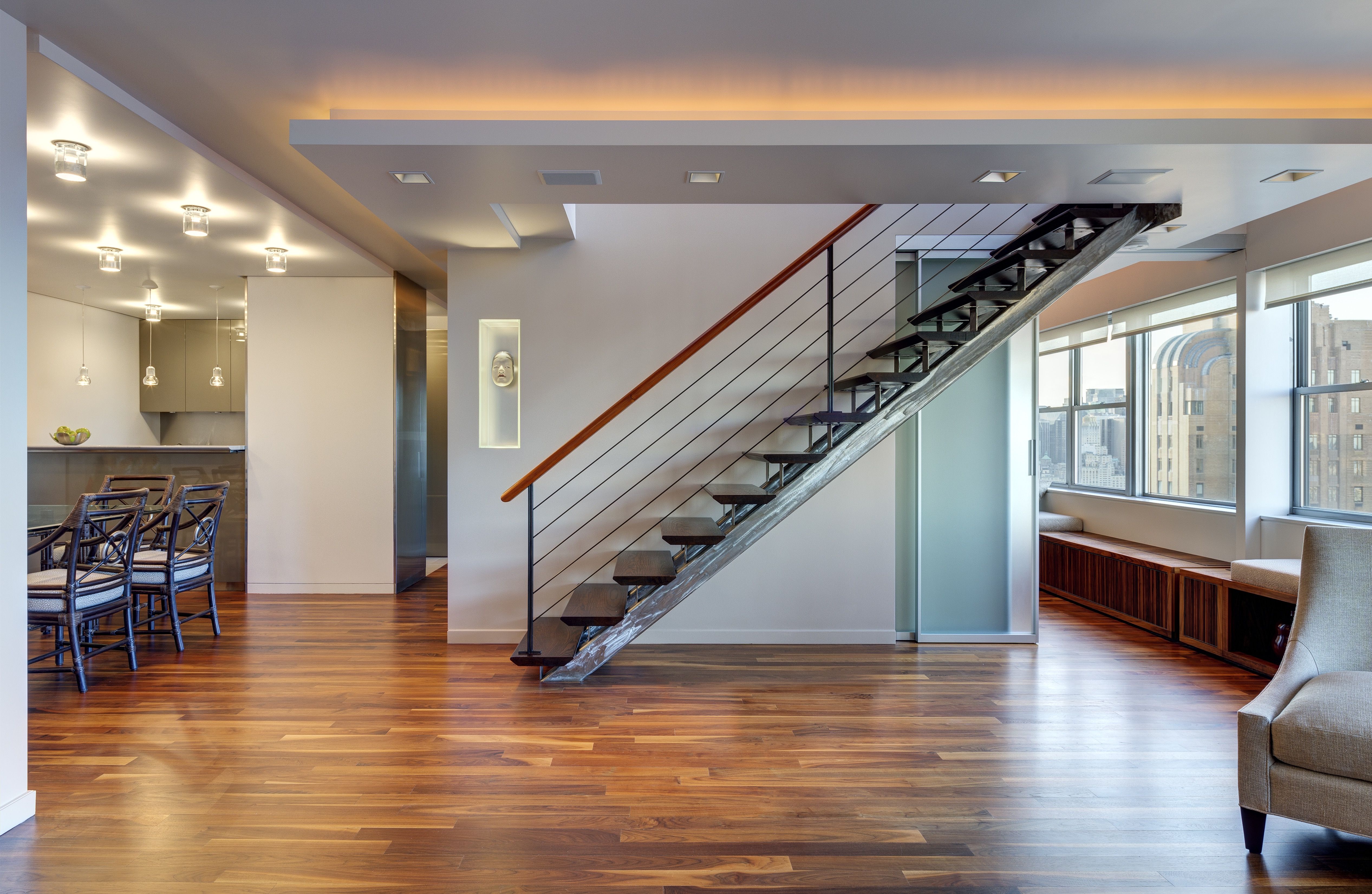 When it comes to designing a home, one of the biggest challenges is making the most out of the available space. This is especially true for smaller homes or apartments, where every square inch counts. That's where
loft stairs
come in. These innovative staircases are designed to save space while still providing functional access to a loft or upper level of a home. With
loft stairs
, you can make the most of your living space without sacrificing style or convenience.
When it comes to designing a home, one of the biggest challenges is making the most out of the available space. This is especially true for smaller homes or apartments, where every square inch counts. That's where
loft stairs
come in. These innovative staircases are designed to save space while still providing functional access to a loft or upper level of a home. With
loft stairs
, you can make the most of your living space without sacrificing style or convenience.
Stylish and Versatile
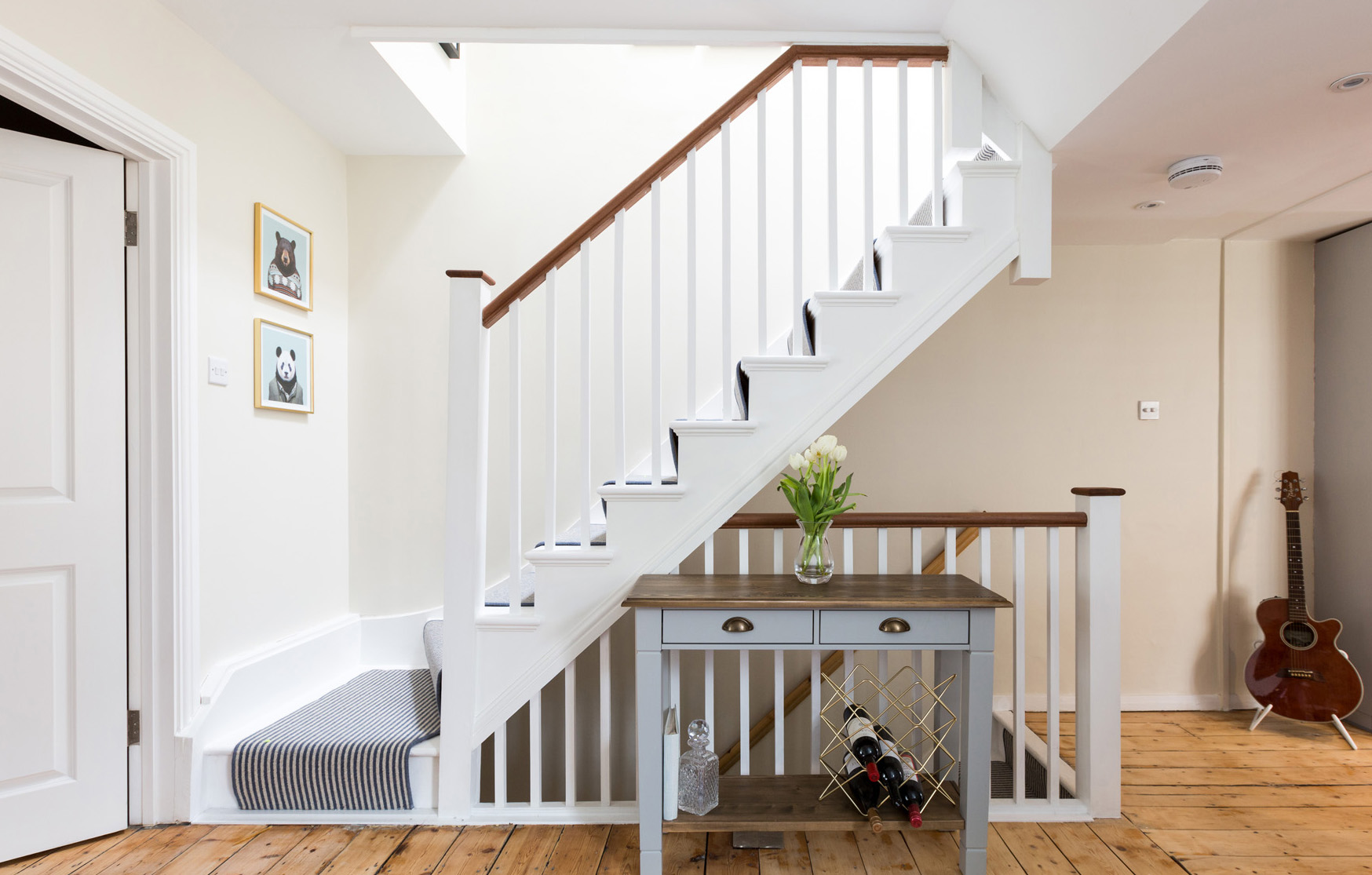 Not only are
loft stairs
practical, but they can also add a unique and stylish touch to your home's design. There are many different styles and materials to choose from, including sleek and modern metal stairs or rustic and charming wooden stairs. They can also be customized to fit the specific layout and aesthetic of your home. With
loft stairs
, you can elevate the design of your home while maximizing space.
Not only are
loft stairs
practical, but they can also add a unique and stylish touch to your home's design. There are many different styles and materials to choose from, including sleek and modern metal stairs or rustic and charming wooden stairs. They can also be customized to fit the specific layout and aesthetic of your home. With
loft stairs
, you can elevate the design of your home while maximizing space.
Functional and Safe
 While
loft stairs
may seem unconventional, they are actually a safe and practical choice for accessing upper levels of a home. These staircases are designed with safety in mind, with sturdy handrails and non-slip treads. They are also built to be functional, making it easy to move furniture or other large items up and down the stairs. With
loft stairs
, you can have peace of mind knowing that your home is both stylish and safe.
While
loft stairs
may seem unconventional, they are actually a safe and practical choice for accessing upper levels of a home. These staircases are designed with safety in mind, with sturdy handrails and non-slip treads. They are also built to be functional, making it easy to move furniture or other large items up and down the stairs. With
loft stairs
, you can have peace of mind knowing that your home is both stylish and safe.
Cost-Effective Solution
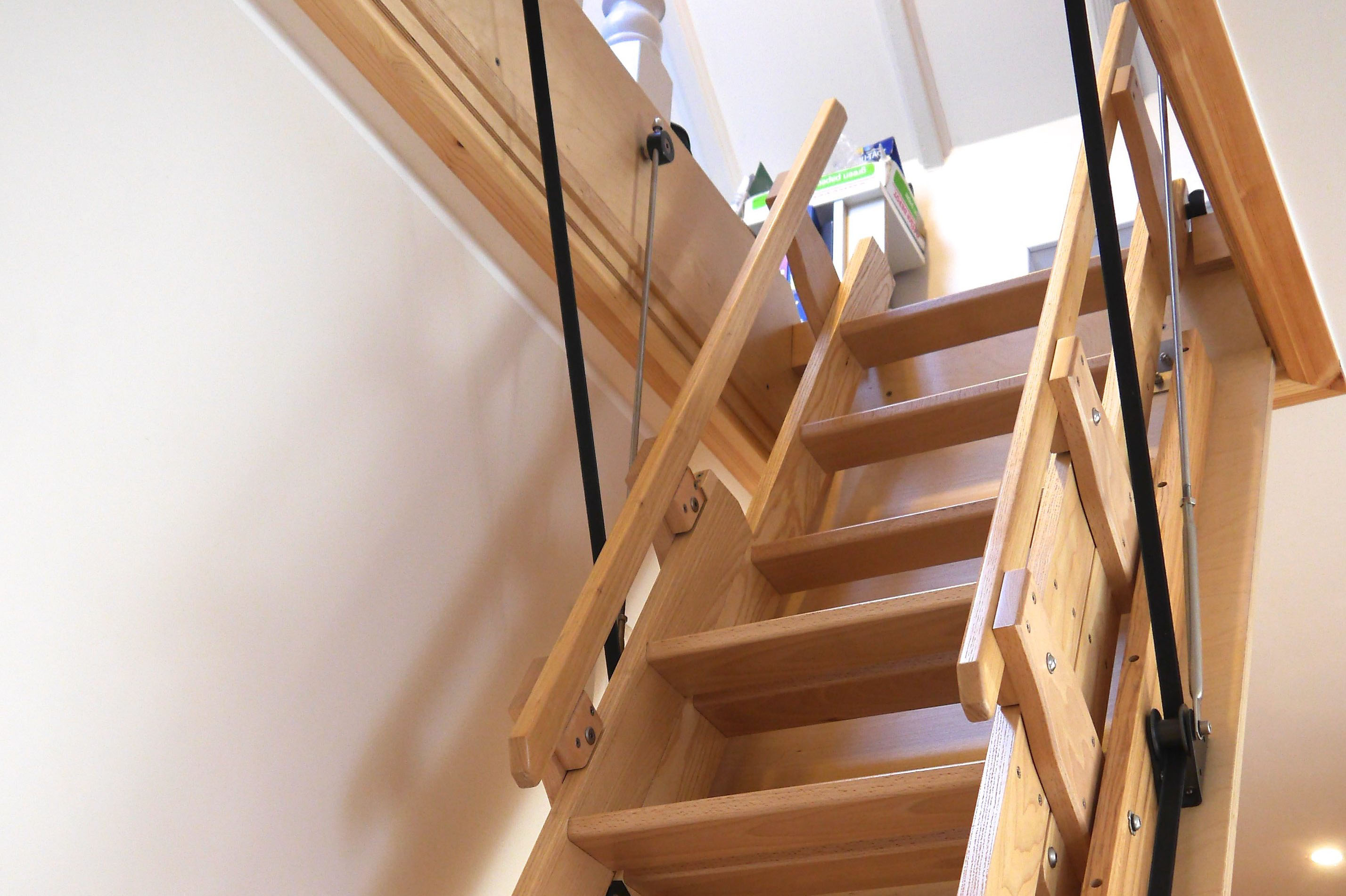 In addition to being space-saving and stylish,
loft stairs
are also a cost-effective solution for accessing upper levels of a home. Traditional staircases can be expensive to install and may take up valuable floor space. With
loft stairs
, you can save money on installation and use the space beneath the stairs for storage or other purposes. This makes
loft stairs
a practical and budget-friendly option for any home design.
In conclusion,
loft stairs
are a versatile and efficient solution for maximizing space in your home. With their stylish design, functionality, and cost-effectiveness, they are a great choice for any homeowner looking to make the most out of their living space. Consider incorporating
loft stairs
into your home design to add a unique and practical touch to your living space.
In addition to being space-saving and stylish,
loft stairs
are also a cost-effective solution for accessing upper levels of a home. Traditional staircases can be expensive to install and may take up valuable floor space. With
loft stairs
, you can save money on installation and use the space beneath the stairs for storage or other purposes. This makes
loft stairs
a practical and budget-friendly option for any home design.
In conclusion,
loft stairs
are a versatile and efficient solution for maximizing space in your home. With their stylish design, functionality, and cost-effectiveness, they are a great choice for any homeowner looking to make the most out of their living space. Consider incorporating
loft stairs
into your home design to add a unique and practical touch to your living space.

